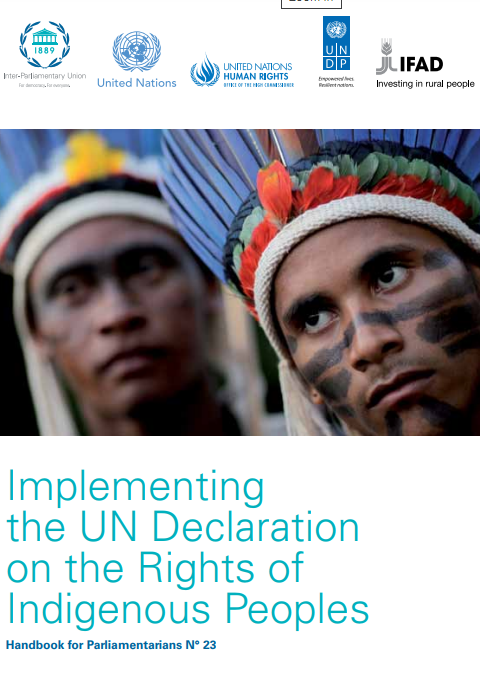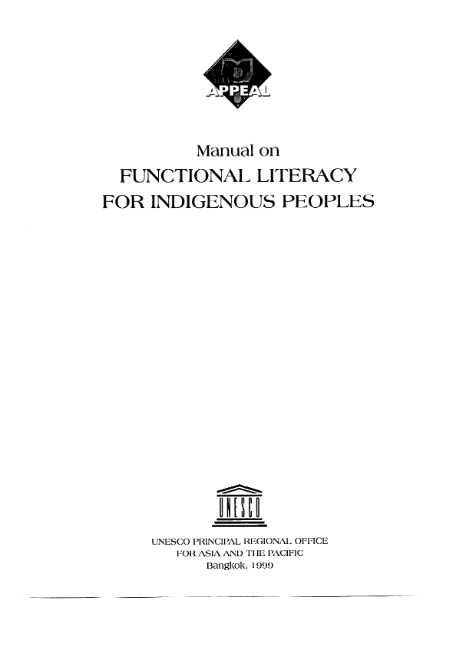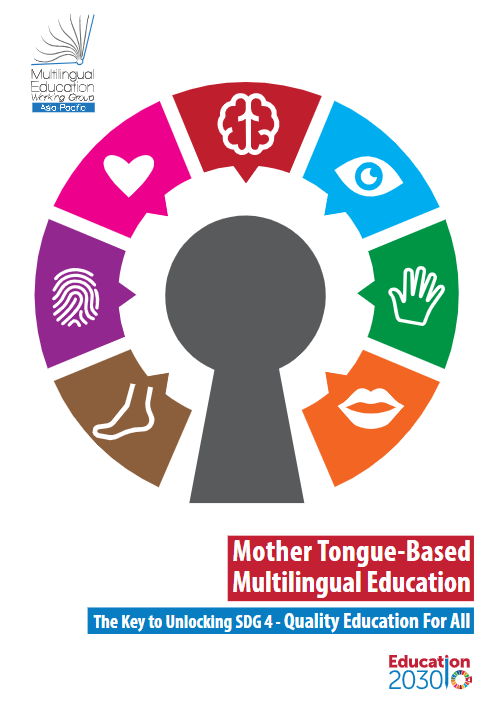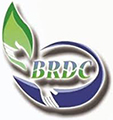Training Materials

Water and Sanitation Services: Achieving Sustainable Outcomes with Indigenous Peoples in Latin America and the Caribbean
2016
Author(s): World Bank Group
The Toolkit summarizes the findings of interviews, consultations, and field visits carried out by a multi-sector, multi-national World Bank Team in 37 Indigenous communities17 located in urban, peri-urban and rural areas in seven LAC countries (Panama, Nicaragua, Paraguay, Argentina, Peru, Colombia and Bolivia) where the World Bank of other development actors had implemented WSS projects with Indigenous peoples.

The World Intellectual Property Organization Traditional Knowledge Documentation Toolkit
2012
Author(s): Aguirre BV, Wendland W, Jiao F, Toki K , Bhatt S
This WIPO Traditional Knowledge Documentation Toolkit provides useful practical guidance on how to undertake a TK documentation exercise as a process and how to address critical IP related issues and questions, as they surface during this effort.

Free Prior and Informed Consent - An Indigenous Peoples’ Right and a Good Practice for Local Communities: Manual for Project Practitioners
2016
Author(s): Food and Agriculture Organization
This manual deeply rooted in a human rights based approach, is designed to assist development organizations to respect the right to FPIC when developing and implementing projects affecting Indigenous Peoples. The manual contains a six-step procedure to facilitate the FPIC process while showing its benefits, as well as providing the regulatory framework to be used when mainstreaming Indigenous Peoples’ rights within organizations’ policies and standards.
Intellectual Property, Traditional Knowledge and Traditional Cultural Expressions/Folklore: A Guide for Countries in Transition
2013
Author(s): World Intellectual Property Organization
This guide shows how a framework can be developed as part of an overall IP strategy, by improving existing mechanisms or by creating new ones. However, each country will need to consider the options that work best for it and the nature of the TK and TCEs for which protection is desired.

UNAIDS Guidance for Partnerships With Civil Society, Including People Living With HIV and Key Populations
2012
Author(s): Joint United Nations Programme on HIV/AIDS
This guidance responds to calls from partners that meaningful engagement with civil society including indigenous populations be incorporated into all areas of the Joint Programme’s work and that essential principles of engagement be reflected within the UBRAF and other key UNAIDS strategic, programming and budgeting documents.
Securing Land Rights for Indigenous Peoples in Cities
2011
Author(s): United Nations Human Settlement Programme (UN-HABITAT)
The report provides an overview of the challenges facing Indigenous peoples in cities, with particular attention to the unique challenges facing Indigenous women, children and youth, people with disabilities, elders and sexual minorities.

The Business Reference Guide to the UN Declaration on the Rights of Indigenous Peoples
2013
Author(s): UN Global Compact team
The objective of this guide (the “Guide”) is to help business understand, respect, and support the rights of indigenous peoples by illustrating how these rights are relevant to business activities

The United Nations Declaration on the Rights of Indigenous Peoples: Background, content and implementation
2014
Author(s): Sherpa L , Beeckmans R , Raj S , Richardson A , Requesens A
The modern indigenous rights movement gained momentum in the 1960s and the 1970s, when a large number of non-governmental organizations (NGOs),

Manual on Functional Literacy for Indigenous Peoples
1999
Author(s): UNESCO Principal Regional Ofice for Asia and the Pacific.
Definitions of literacy have also included the recognition of numbers and basic mathematical signs and symbols within texts. This skill used to be called numeraq. In practice, however, people need to understand and use mathematical skills in a range of contexts, in a similar way to their reading and writing skills. Simple recognition of signs and symbols has given way to a broader definition of numeracy that includes using an understanding of mathematics as a tool to make a particular sense of the world.

Guidelines for Inclusion: Ensuring Access to Education for All,
2005
Author(s): Wisbey M
This study shows that SDG 4 is so foundational to the other Sustainable Development Goals, without mother tongue-based multilingual education the other 16 goals will remain unachievable.



